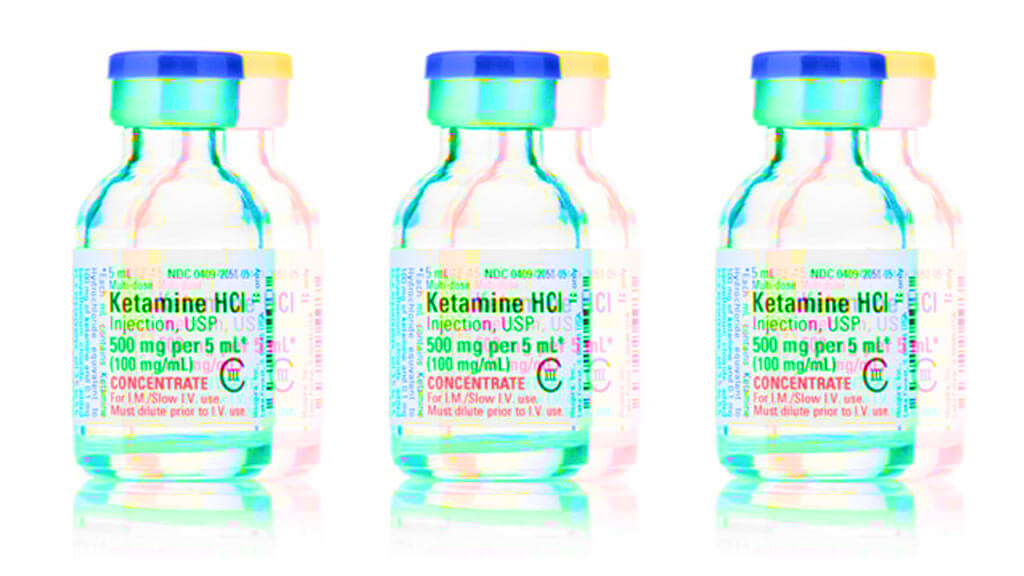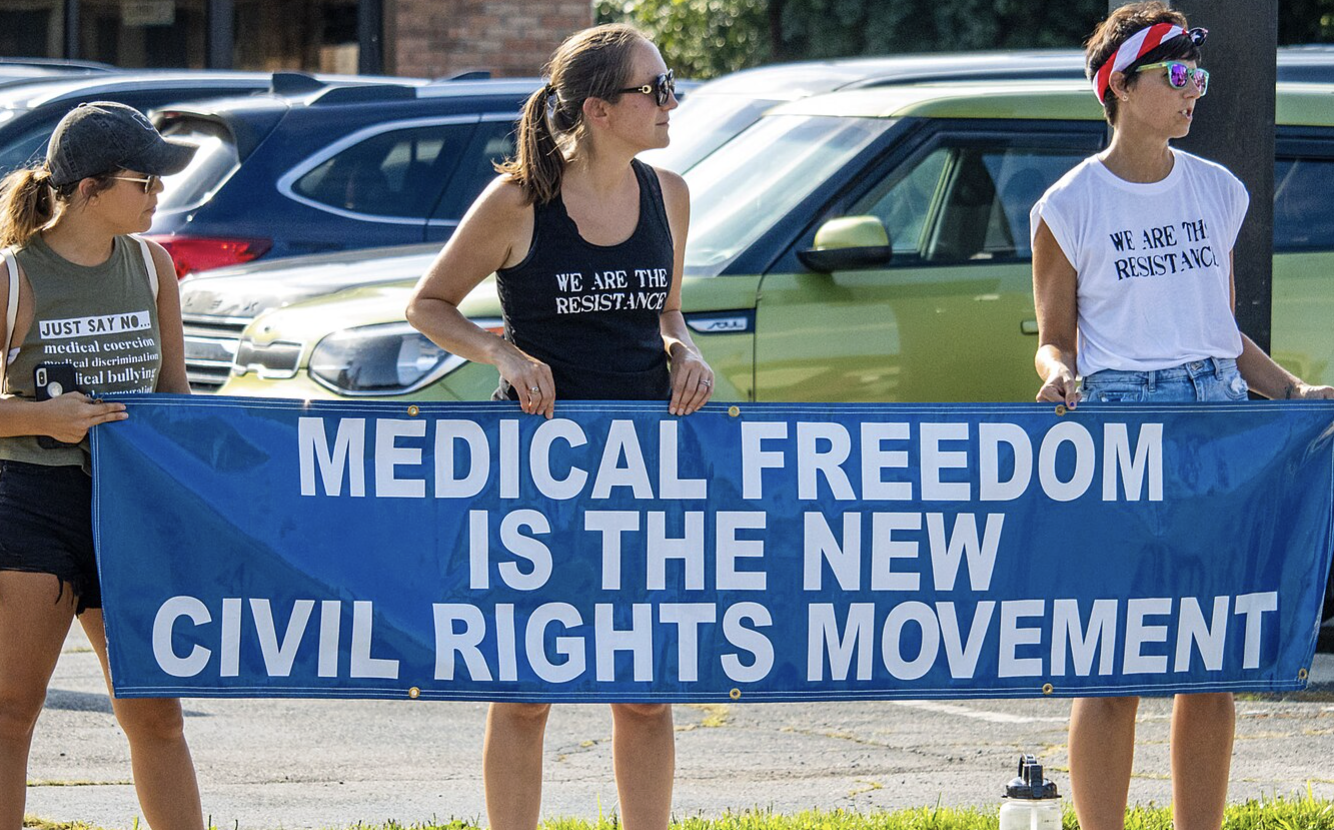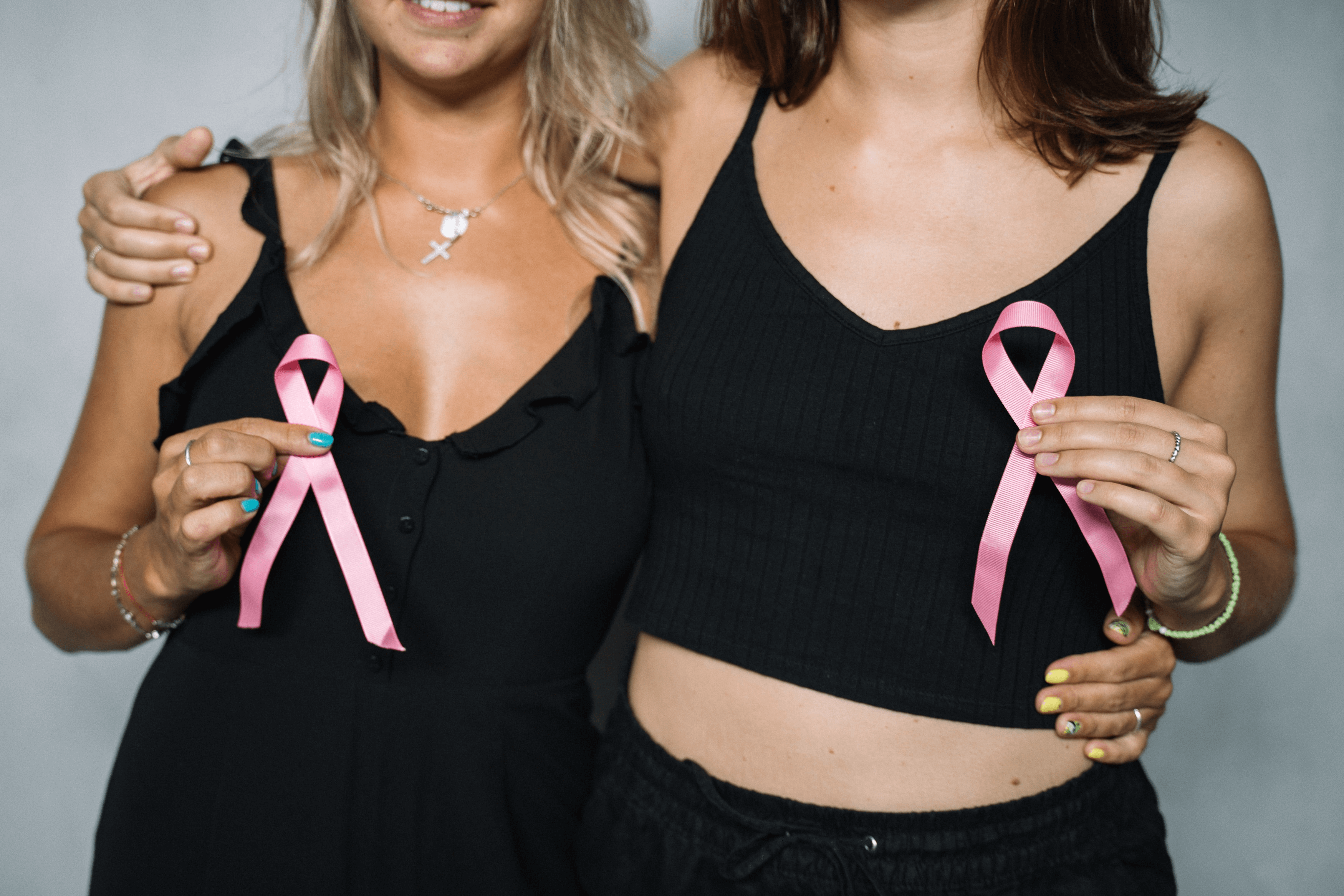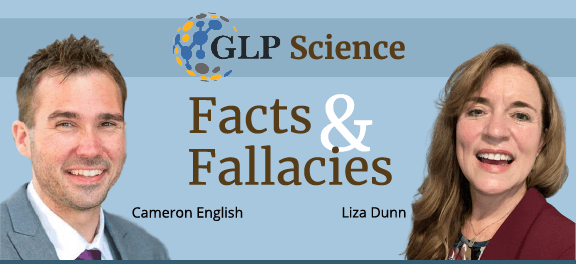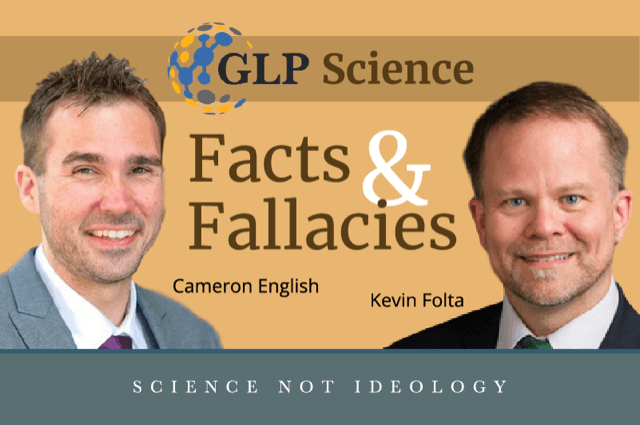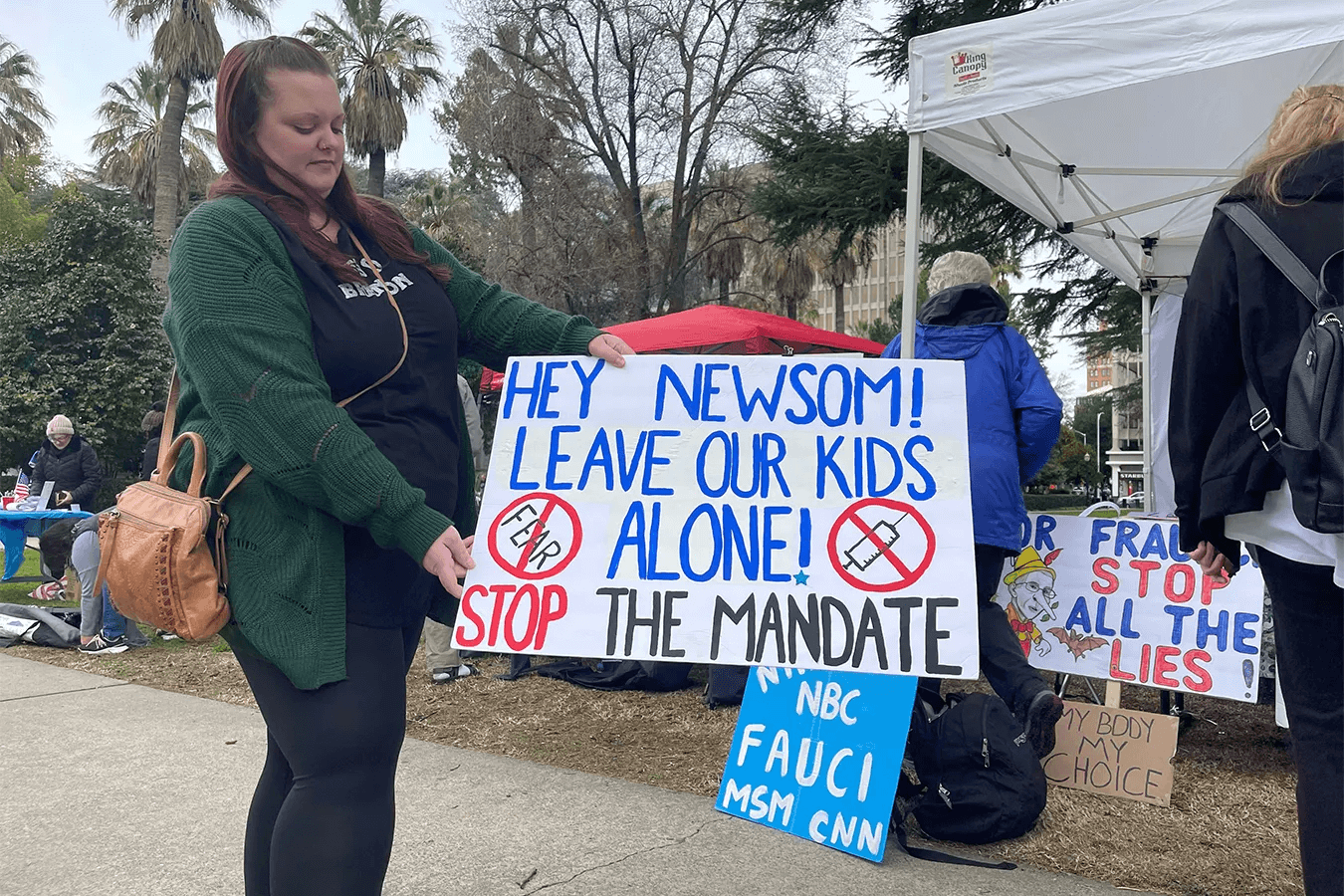GLP podcast: America’s overdose epidemic, explained
Description
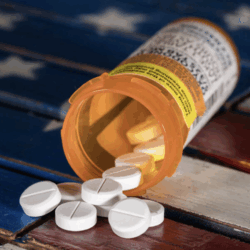
The story most people know about America’s opioid epidemic, a public health crisis claiming over 1 million lives since 1999, goes like this: in the late 1990s, pharmaceutical companies aggressively marketed prescription painkillers as safe and non-addictive. The introduction of Purdue Pharma’s OxyContin in 1995, approved by the FDA, marked a turning point. Promoted for chronic pain management, it led to a surge in prescriptions, with opioid sales quadrupling between 1999 and 2010. The truth is very different from this narrative.
While Purdue Pharma did indeed oversell OxyContin and many people used the drug recreationally, these were almost always individuals with long histories of substance abuse. The vast majority of patients prescribed OxyContin for legitimate medical purposes did not misuse it. Moreover, by 2001, this widely maligned pain reliever accounted for less than 10 percent of nonmedical opioid use. In reality, there is a large body of research showing that OxyContin poses minimal addiction risk when used as prescribed by a physician.
By the early 2010s, as addiction rates soared and prescription opioids became harder to obtain due to regulatory crackdowns, many users transitioned to cheaper, illicit alternatives like heroin. This second wave, peaking around 2010–2013, saw heroin overdose deaths triple. The crisis evolved further with the third wave starting in 2013, dominated by synthetic opioids such as fentanyl, often laced into other drugs by cartels. Fentanyl-related deaths skyrocketed, accounting for over 70% of opioid fatalities by 2022. Fortunately, this trend has slowed in recent years.
Overlooked amid all this controversy are patients afflicted by painful chronic diseases, who have been denied access to prescription opioids in the name of fighting drug abuse. This severe response to the overdose epidemic often forces sick people with no history of substance abuse to drink alcohol daily or seek out illicit opioids for pain relief—or just commit suicide.
Is there a way to resolve this tragic state of affairs without actively encouraging recreational drug use?
Join Dr. Liza Lockwood and Cam English on this episode of Facts and Fallacies as they break down America’s overdose epidemic with patient advocate Bev Schechtman
Bev Schechtman is vice president of the Doctor-Patient Forum, a non-partisan, community-based organization that works to support pain patients and their physicians with access to lifesaving pain relief. Follow her on X @ibdgirl76.
Dr. Liza Lockwood is a medical toxicologist and the medical affairs lead at Bayer Crop Science. Follow her on X @DrLizaMD
Cameron J. English is the director of bio-sciences at the American Council on Science and Health. Follow him on X @camjenglish


